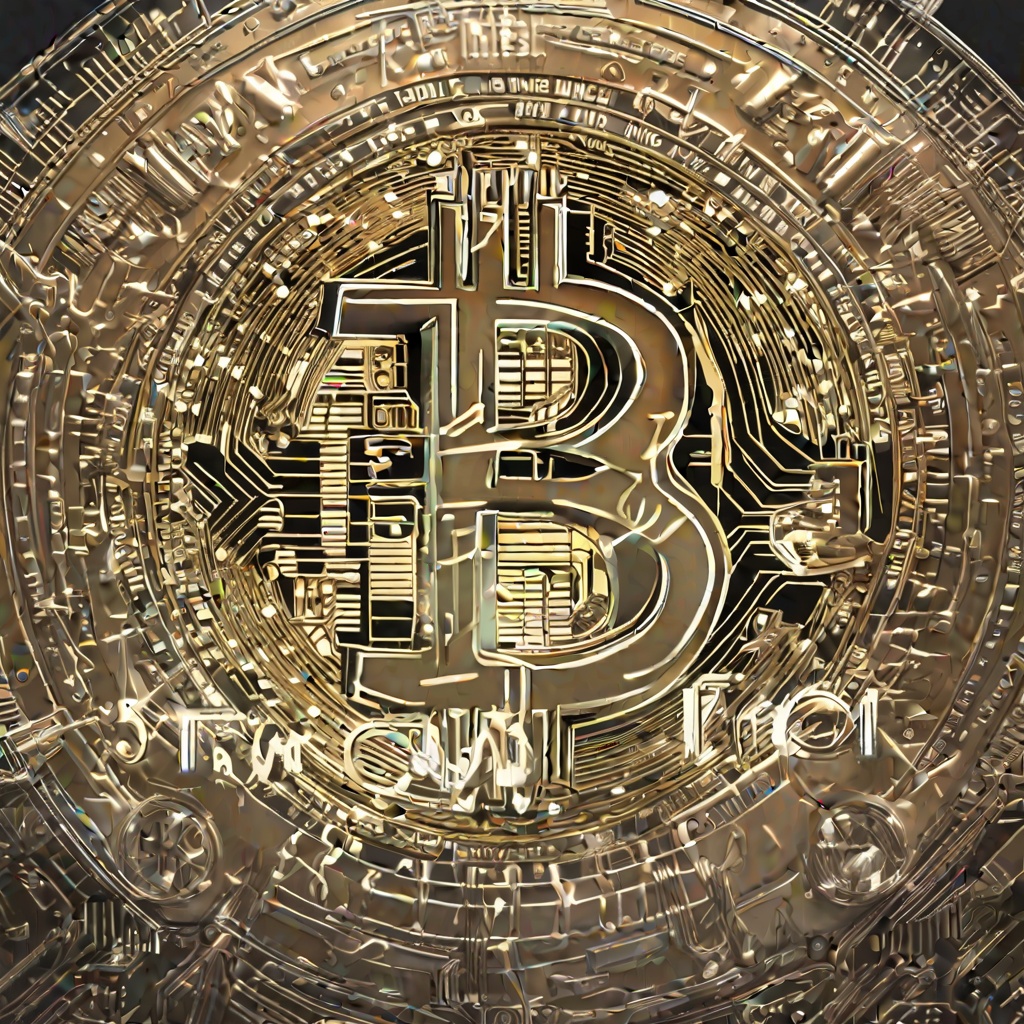Are centralized exchanges better than decentralized exchanges?
When considering the question of whether centralized exchanges (CEXs) are better than decentralized exchanges (DEXs), it's crucial to weigh the pros and cons of each model. Centralized exchanges, like Coinbase and Binance, offer higher liquidity, ease of use, and stronger security measures, backed by large institutions. However, they also require users to trust a third party with their funds and personal information, which can be a concern for privacy-minded individuals. Decentralized exchanges, on the other hand, provide greater autonomy and privacy, as transactions are peer-to-peer and don't rely on a central authority. But they can be more complex to use, have lower liquidity, and may be less secure due to the lack of institutional oversight. Ultimately, the choice depends on personal preferences and risk tolerance. Which model do you think offers the best balance of benefits and drawbacks?

Are crypto poker sites better than traditional online poker sites?
In the realm of online gambling, the debate surrounding crypto poker sites versus traditional online poker platforms has gained significant momentum. Could you elaborate on the potential advantages crypto poker sites offer over their conventional counterparts? Do they provide enhanced security measures, such as blockchain-based encryption, that safeguard users' funds and personal data? Do they boast faster and more convenient transactions, eliminating the need for traditional banking methods and associated fees? Furthermore, are crypto poker sites more accessible to global players, bypassing geographical restrictions that often limit traditional online poker sites? Understanding these key differences could help players make informed decisions when choosing between the two.

Are crypto casinos better than traditional casinos?
Could you elaborate on the potential benefits and drawbacks of crypto casinos compared to traditional casinos? Some argue that crypto casinos offer more anonymity and security, while others claim they lack the same level of trust and regulation. Additionally, how do the gaming experiences differ? Are there any unique features or games available only in crypto casinos? Furthermore, what are the implications for players in terms of transaction fees, payout speeds, and potential for bonuses and promotions? Overall, what factors should players consider before deciding which type of casino is best for them?

Is Robinhood Crypto better than Coinbase?
As a crypto enthusiast, I'm often faced with the question of choosing between Robinhood Crypto and Coinbase. Both platforms offer convenient ways to buy, sell, and trade cryptocurrencies, but how do they really stack up against each other? Robinhood Crypto boasts a sleek user interface and zero-commission trading, making it attractive for beginners. However, Coinbase offers a wider range of cryptocurrencies, higher security measures, and the ability to withdraw funds directly to a bank account. So, is Robinhood Crypto's simplicity and low fees enough to outshine Coinbase's robust offering? Let's delve deeper into the key differences and see which platform truly deserves the crown of superiority.

Why is Bitcoin Cash better than bitcoin?
As a <a href="https://www.btcc.com/en-US" title="cryptocurrency">cryptocurrency</a> enthusiast, I'm curious to understand why Bitcoin Cash is often touted as being superior to Bitcoin. Could you elaborate on some of the key differences and advantages that Bitcoin Cash offers? I've heard about its faster transaction speeds and lower fees, but I'd like to know more about the technical aspects and how it aims to improve upon the original Bitcoin. Additionally, I'm interested in hearing your opinion on whether Bitcoin Cash has the potential to eventually overtake Bitcoin in popularity and market share.

